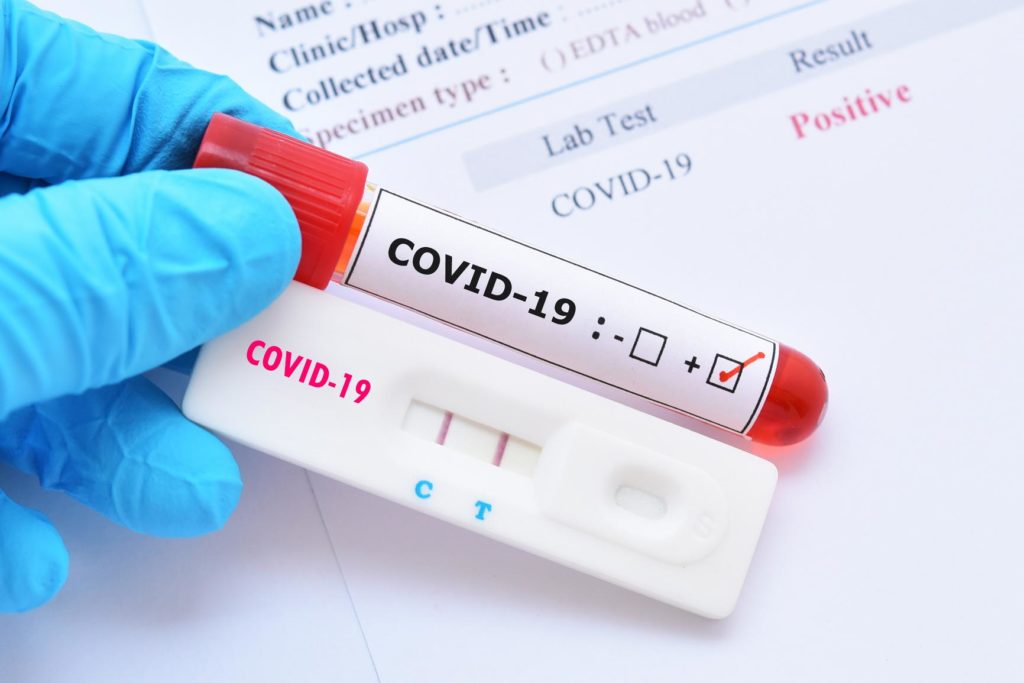As New York City continues to reopen, widespread COVID-19 testing is the best and easiest way people can help slow the spread of Coronavirus. Every New York City resident should get tested for COVID-19, but we know there are lots of questions about the testing process. In order to help you learn more about the COVID-19 test we asked the IMPACCT Brooklyn staff and board members to share their experiences of getting tested so you know what to expect from their COVID-19 test.
Where do I get the Coronavirus test? How long will it take?
You can get tested for COVID-19 at your primary care provider, walk-in facilities like Minute Clinic or CityMD, a hospital, or a community testing site. You can access a full list of New York City COVID-19 testing sites here. Keep in mind that going to a testing facility at peak times usually results in a longer wait. If you want to avoid the lines, call ahead to schedule an appointment or make it a point to go during off-peak hours, such as in the early morning. Testing sites have precautions in place that assure safe distancing and cleanliness. You are to wear your mask and be sure to wash your hands or use hand sanitizer.
Which test should I take?
There are two tests you can take: the nasal swab or the antibody test. You can take both, if you’d like.
The nasal swab determines if you currently have the Coronavirus or not. If you get the nasal swab, the person conducting the test will insert a long stick with a very soft brush on the end into your nose and twirl it around for a few seconds, in order to collect a sample of secretions for analysis. The swab has to go pretty far back, because cells and fluids must be collected from along the entire passageway that connects the base of the nose to the back of the throat to get a really good specimen. This test isn’t painful, although it can be uncomfortable or ticklish since the body isn’t used to having an object in that area, and will likely leave you with a runny nose or teary eyes for a few minutes afterwards. Many IMPACCT Brooklyn staff members report the nasal swab is less invasive and discomforting than social media posts and graphics led them to believe. The test feels like when you swim and the water goes up your nose, just a brief discomfort.
Antibody tests can tell you if you’ve been infected with COVID-19 in the past by checking your blood by looking for proteins that help fight off infections and can provide protection against getting that disease again (immunity). Antibodies are disease specific and generally protect you from getting a disease if you are exposed to it again. You should not rely on an antibody test to diagnose a current COVID-19 infection because it can take one to three weeks after infection for your body to produce antibodies.
How much does a COVID-19 test cost?
The COVID-19 test is free, regardless of if you’re insured or not. Officials at the testing facility will likely ask you for your insurance card, but you should not be charged for the test. If you are charged, document all the charges and keep detailed receipts so you can file a claim and follow up with proper authorities afterwards.
When do I get my results back?
You should get results back within a matter of days. Some IMPACCT Brooklyn staff members reported getting their results within hours, and some reported wait times of four days to a full week. While you’re waiting for your test results, stay home if possible, and always wear a mask indoors and outdoors, especially if you can’t social distance at least six feet from others.
What next?
If you tested positive for Coronavirus and you’re asymptomatic (meaning you don’t have any symptoms), you must isolate in your home away from family, roommates, and pets for ten full days. After ten days have passed and if you haven’t gotten sick with COVID-19 symptoms, you can stop self-isolating.
If you tested positive for Coronavirus and you’re suffering from any of the COVID-19 symptoms, including fever, cough, shortness of breath, chills, muscle pain, headache, sore throat, and new loss of taste or smell, SEEK MEDICAL ATTENTION. Until you can get medical help, you must isolate yourself until:
- You’ve been fever-free for at least 24 hours without the use of fever-reducing medication AND
- Your symptoms have gotten better, AND
- At least 10 days have passed since your symptoms first appeared.
If you tested negative for Coronavirus, you should still take preventative measures to protect yourself, your family, and friends from the virus. These include cleaning your hands often, avoiding close contact with sick people, social distancing at least six feet in public, disinfecting frequently touched object daily, and wearing a mask in public.
Finally, if an NYC Test and Trace Corps contact tracer calls you, please pick up the phone! The team is here to help you get the resources you and your family members need to stay safe from COVID19. Learn more at https://testandtrace.nyc.
For more information about COVID-19 testing, please visit the official NYC Health + Hospitals website.
